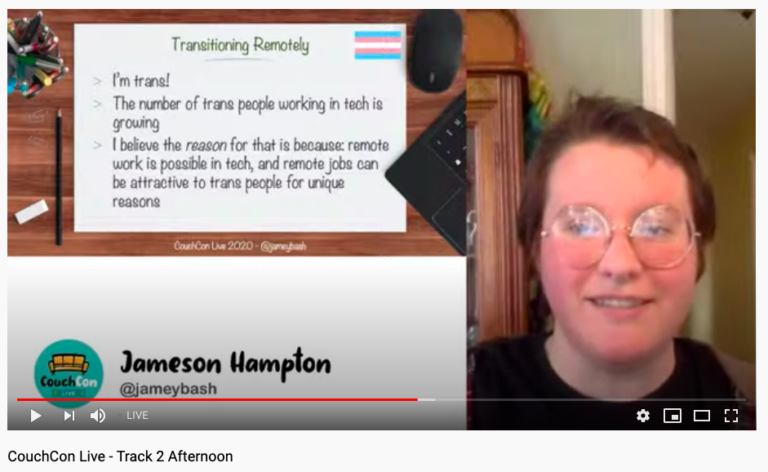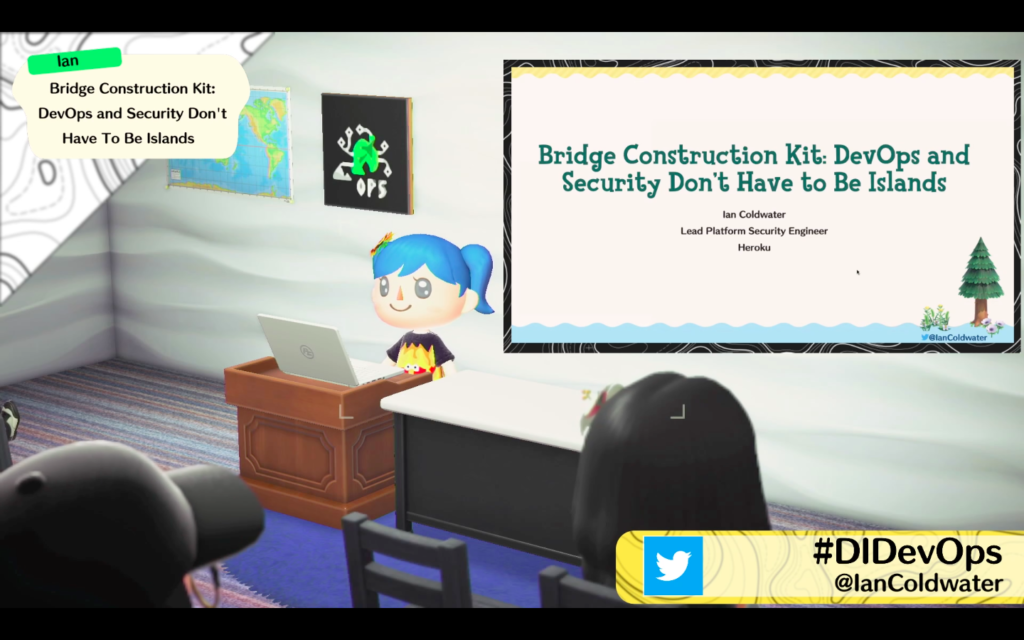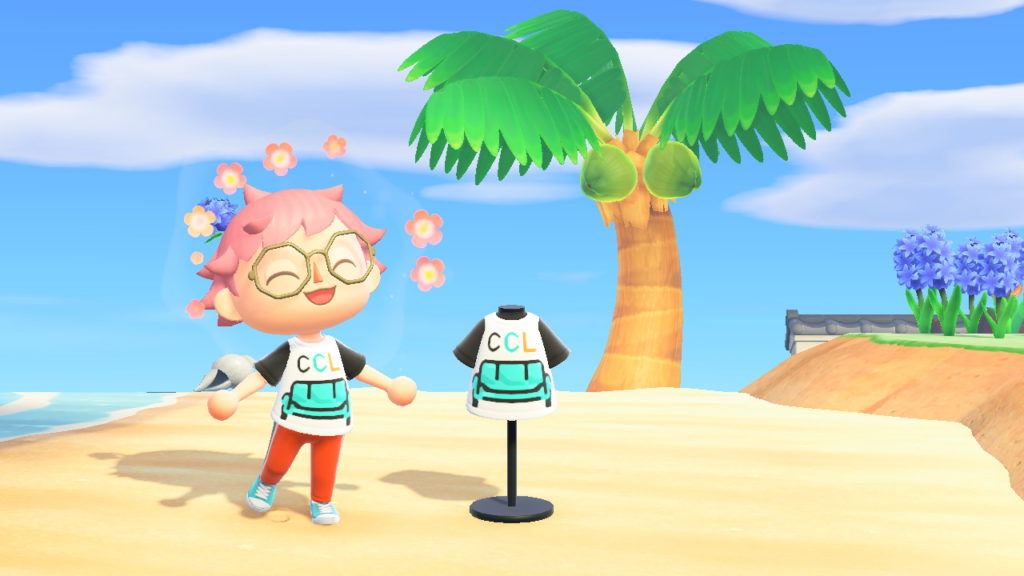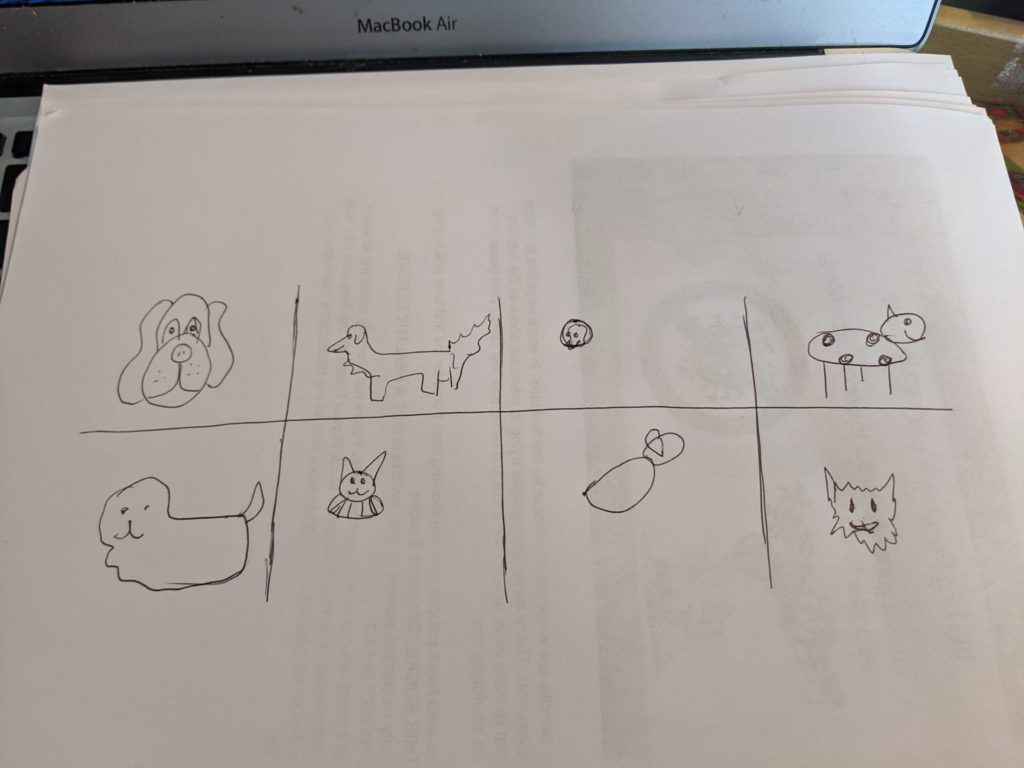
Tech Conferences in the Time of Cholera
May 20, 2020 Jamey Alea 0 Comments
For folks like me who often have a pretty full schedule of tech conferences, the lack of them on the calendar right now is a particularly weird-feeling aspect of the current pandemic situation. Naturally, there has been a lot of talk about virtual conferences lately: the pros (ie, the ability to make an event much more accessible for a lower cost) and the cons (ie, the difficulty recreating a “hallway track” and lack of personal connection and chance meetings). But of course, there’s one pro that outweighs all of these other factors — we can actually do them right now. Over the past few weeks, I’ve attended several virtual conferences and they’ve each employed slightly different virtual formats. Now that I’ve experienced them first hand, I have some thoughts about what’s possible, what works and what doesn’t.
Deserted Island DevOps
Deserted Island DevOps, held on April 30th, was the first tech event that I attended since quarantine began. The premise was too unique and cute for me to miss it — DI DevOps was held inside a game of Animal Crossing: New Horizons. I’ve been playing a lot of Animal Crossing lately, it has been a real comfort during the stay at home order. So while I admit it’s a bit of a novelty, it actually felt pretty right to use Animal Crossing to host a get-together in this way.
Only the speakers actually attended within the game with their Animal Crossing characters; for everyone else, the event was streamed on Twitch. It was a good compromise — anyone could attend, whether they owned the game or not, but it still did a good job emulating the feeling of a talk being delivered to a room full of people. And the other speakers who made up the audience did a good job of using the in-game reactions to clap and act surprised and generally make it feel like a real crowd really reacting to a talk in real time.
And speaking of the talks, they were excellent. The topics were compelling, particularly in light of the shared circumstances we’re all in at the moment. (I would particularly recommend Aaron Aldritch’s talk on resilience, “Sticking Together while Staying Apart” and Mia Moore’s “Building Virtual Community”.) Everyone also did a great job integrating the world of Animal Crossing into their talks in a way that felt helpful, topical and illustrative, never contrived. It was an experimental event with a unique format and overall, I think it was a real success. But it did lack aspects of an in person event, particularly social aspects. Streaming on Twitch was a good call as far as making it accessible to whoever wanted to watch, but I didn’t have a great sense of who else was in the audience or feel particularly compelled to participate in a more interactive way. So it was more like passively ingesting talks for a day, but again, the talks were great and even passively watching them was a really pleasant way to spend a day during quarantine!

Railsconf Couch Edition
The Railsconf situation is unique in comparison to the other virtual confs on this list because it was originally meant to be a regular in-person conference. When Ruby Central had to make the difficult call to cancel it, they reached out to the speakers to see if we would be willing to pre-record our talk instead. 33 speakers did so (myself included) and their talks were captioned and released on May 5th, the day Railsconf would have begun normally.
Knowing that under different circumstances, I would have been in Portland with my Ruby friends was tough emotionally, and the week Railsconf would have been was a difficult one for me. Being able to watch some of those talks from home was indeed a comfort! But Railsconf Couch wasn’t, and was never meant to be, a proper virtual conference. It was just content releasing on a specific day and there were no official chat channels or social events associated with it. And let me be clear — I don’t begrudge the organizers in any way for deciding to deliver Railsconf in the way that they did. They went beyond their obligation to provide us content despite the event being cancelled, and everyone is under a lot of stress right now. (I considered stepping up to organize some unofficial socializing channels so it would feel a little more like hanging out with friends, but ultimately I couldn’t muster the energy to do it.)
That said, the format of releasing a block of prerecorded content all at once… just doesn’t work. It’s hard to motivate yourself to watch talks when they’re not “happening” at a certain time slot. (As anyone who does conferences knows, it’s much easier to say that you’ll watch a talk you missed when the videos come out than to actually do it.) Based on the chatter in the #Railsconf twitter hashtag (which was the best place I found to see what people were discussing about the conference), it seemed like a huge number of people just watched the keynotes and didn’t get through the other talks. I can’t blame them—again, we’re all under a lot of stress right now and motivation is tough—but as a speaker, I put quite a lot of work into my video (at a time when motivation was tough for me too) and it felt really unsatisfying not to get any feedback on my talk, not even the feedback of seeing people engaged in the audience.
It also brought up a concern with virtual conferences in general that hadn’t really occurred to me before — online harassment. Some of my talks are pretty profoundly personal and my latest is no exception: it’s about my experience as a trans person, transitioning while working remotely. I’ve gotten a lot of great feedback from kind people at actual events, but I can’t always say the same once the videos go up. The armor of feeling anonymous on the internet really empowers jerks to let out their true colors and I’ve fielded some pretty hateful comments and emails in the past, but at least I’ve always had reassuring feedback from the in-person event to fall back on. This hasn’t happened explicitly with my Railsconf talk—the organizers choice to disable Youtube comments was a good instinct—but not getting any substantive feedback from friendly faces and seeing the little number next to the “thumbs-down” icon on Youtube climb brought back a lot of those feelings.
After complaining that most people only watched the keynotes, I would be remiss if I didn’t recommend a few great talks! Chelsea Troy’s “Debugging: Techniques for Uncertain Times” is inspiring. I absolutely loved Anna Rankin’s “Deeper Understanding and Better Communication Through Art”. And if you’re interested, my talk “Achieving Inclusivity Through Remote Work” is also available!
CouchCon Live
My friend Christopher decided to put on CouchCon Live because he was missing one of his favorite local confs, Stir Trek. It’s the first event I participated in as a speaker that was designed explicitly as a virtual conference, a way to bring the community together while we all desperately needed a little connection. CouchCon was held as a one-day, two-track conference with talks streaming live on Youtube, and a slack workspace for attendees to chat amongst themselves.
It was interesting being involved and being able to see behind the curtain a little to the kinds of things organizers were considering for virtual events. One concern was convincing people to actually “sign up” even though anyone could just watch the stream on Youtube without actually registering for the conference. Another conversation was about swag. Is it worth it to make stickers or t-shirts that people could order if they want? Or do people normally want conference swag only because it’s free? I took a leaf out of DI DevOps’ book and helped out on that front by designing a CouchCon t-shirt in Animal Crossing that you could download for free and let your avatar wear.

I was pleasantly surprised by how much I enjoyed the virtual conference experience at CouchCon. The talks were excellent, and many of them made use of the virtual format in ways that traditional talks couldn’t have done. My favorite presentation was by Amber Vanderburg, who spoke about innovation and led us through a couple of interesting exercises. In one, we spent 20 seconds drawing a dog 8 times in a row; in the other, we had 90 seconds total to do simple drawings made out of circles. She had us notice how much easier it was to do the drawings near the beginning of the exercise, as opposed to the end when we were running out of ideas. But the point she was trying to make is that innovation isn’t easy and it happens when you’re running out of the obvious choices and are forced to become more creative. It was fun and thought-provoking to be able to go through these exercises together, and share our thoughts in chat while we were doing it.

People seemed really engaged throughout the day — there were often rich discussions happening in the Youtube live chat that accompanied the streams, and the speakers were able to keep an eye on it and often respond in real time to questions and thoughts that came up. Perhaps the audience wasn’t as big as at a live conference, but it really attempted to make up for it in engagement and collaboration, and I think was largely successful! (My talk from CouchCon is up now also!)
Overall, I still miss in person conferences a lot, but I’m really glad that we as a community are trying to be innovative and fill that gap how we can. I’m curious to see what other formats organizers will come up with and how they’ll work. (Alt::BrightonRuby, for instance, is releasing prerecorded talks for viewing at your leisure, but they’re also doing an ongoing podcast during the month of July where their speakers will answer audience-driven questions about their talks, which I think is a brilliant idea!)
My hope is that in the future we can make space for both types of conferences. I miss the aspects of in-person events that we can’t emulate from home and I hope we don’t phase them out completely — I’m looking forward to when I can get on the road and spend some time with my friends, face to face. But it’s also really gratifying to see people who have never been able to make it to an in-person Railsconf before commenting about how they’re finally able to participate because it’s online this year. I’d love to be able to continue including people like that after travel restrictions are lifted. Tech events are great, they bring people together and make us feel like a community. I think there’s a lot of value in diversifying the kinds of events we embrace as much as we can.